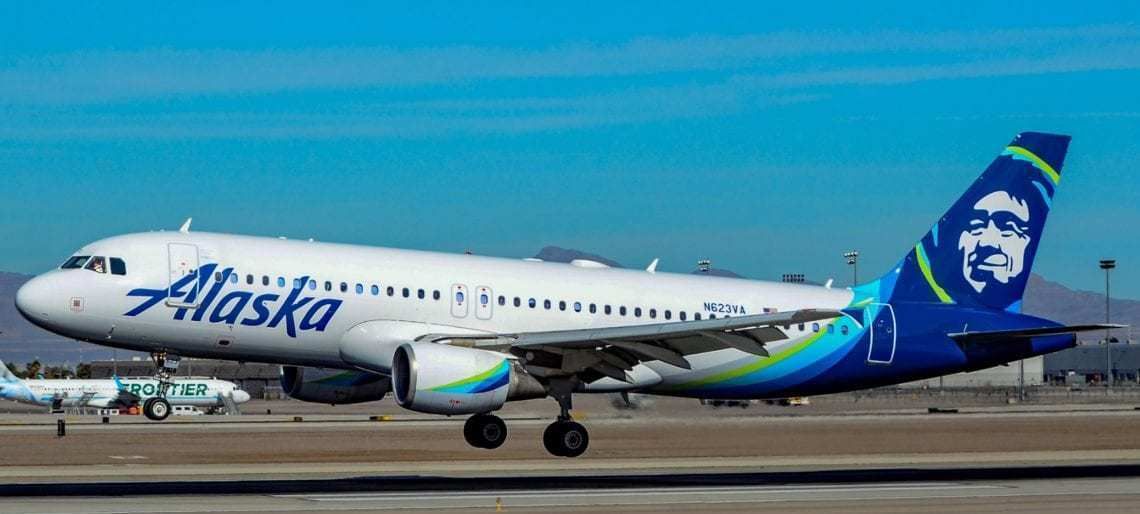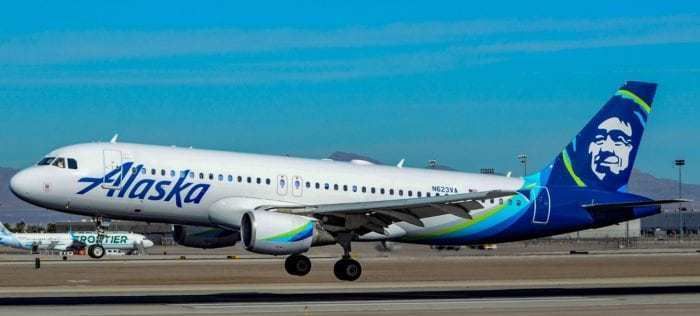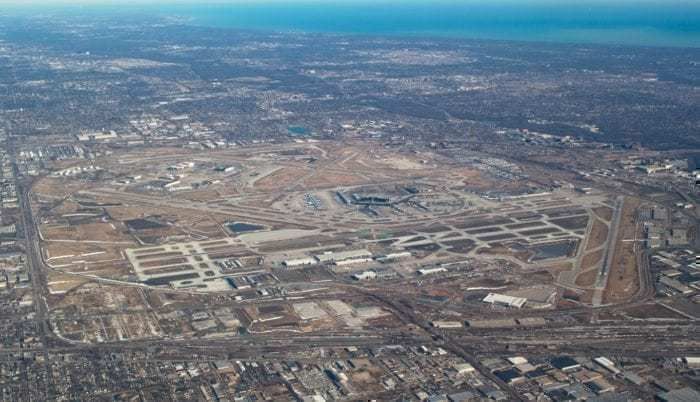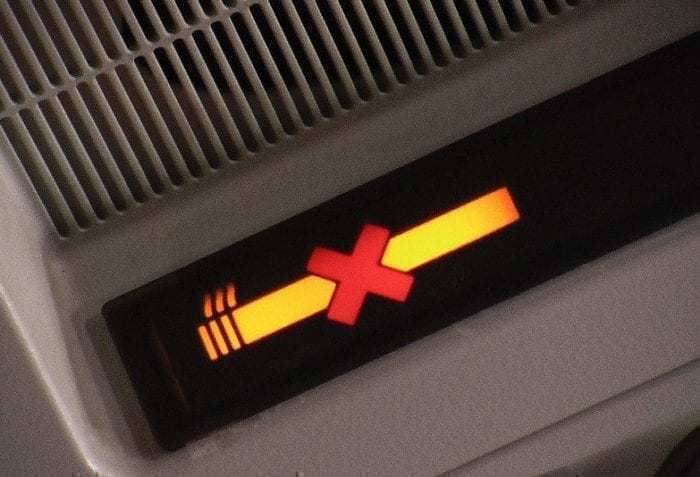An Alaska Airlines red-eye flight from San Francisco to Philadelphia had to divert after a passenger tried to smoke onboard the aircraft. Flight 1138 was forced to make an unscheduled landing in Chicago due to the disobedient passenger early Wednesday morning.
What are the details?
Alaska Airlines Flight 1138 was en route from San Francisco International Airport (SFO) to Philadelphia International Airport (PHL), when a passenger decided to light a cigarette. A flight attendant told the passenger to put out his cigarette, however, the passenger was not happy with this order and reportedly became angry. He also tried to light a cigarette again.
Consequently, the flight crew diverted the flight to Chicago's O'Hare International Airport (ORD). The flight landed in Chicago at 4:22 am local time without further incident. Alaska Airlines told CNN that the airline diverted the flight "due to a disruptive passenger onboard and out of an abundance of caution".
Chicago Police escorted the passenger off the aircraft at O'Hare but, apparently, they did not arrest him.
After refueling of the aircraft, the remaining passengers continued on their journey and finally arrived in Philadelphia at 7:50 am local time. The flight was over an hour late due to the diversion.
Smoking onboard aircraft
For many years, passengers could smoke on pretty much every flight. Scandinavian Airlines even took it a step further. In the 1950s, they introduced special "SAS" cigarettes, each one branded with the airline's logo.
In the United States, Delta Air Lines was the first airline to prohibit smoking on all flights. This happened in 1994.
Today, Federal Aviation Regulations prohibit smoking onboard all scheduled domestic flights in the United States. This regulation went into effect in 1990 and most people are well aware of it.
Alaska Airlines' Contract of Carriage clearly states that smoking is prohibited on all flights operated by the airline. It further mentions that the airline "reserves the right to seek reimbursement from any passenger whose failure [to follow the airline's policy on smoking] causes Alaska any loss, damage or expense".
At this time, it is not clear if the passenger will receive any kind of punishment for trying to smoke onboard the aircraft. The Federal Aviation Administration is still investigating the incident.
Do you think that the passenger should receive punishment for trying to smoke onboard the aircraft? Should Alaska Airlines seek reimbursement for its added expenses from the passenger?




